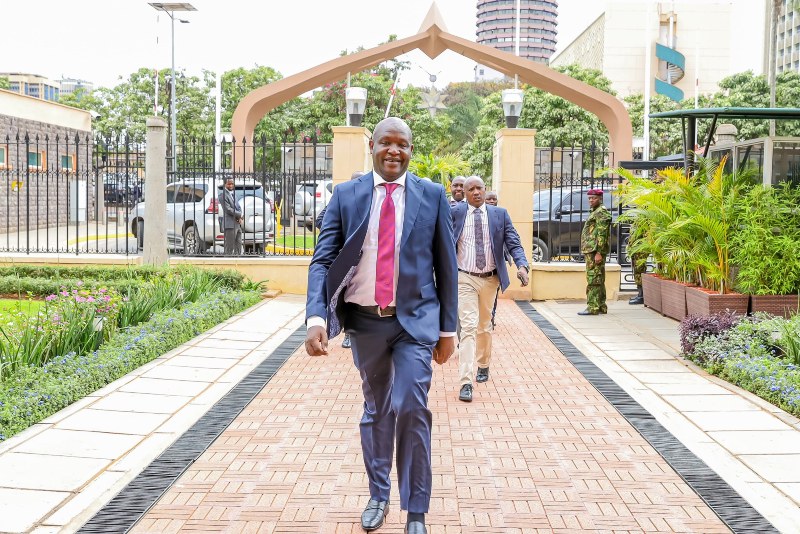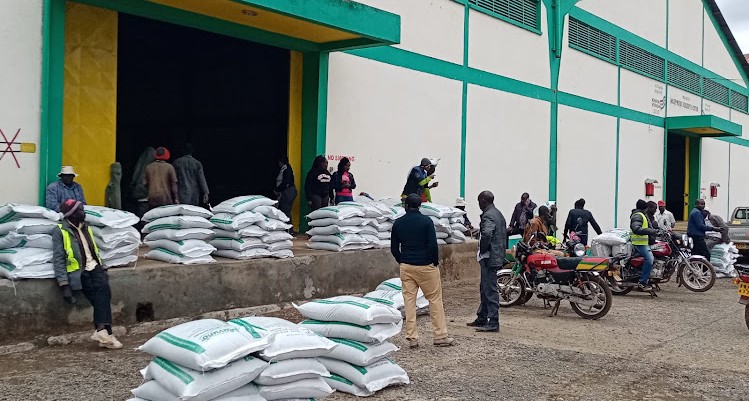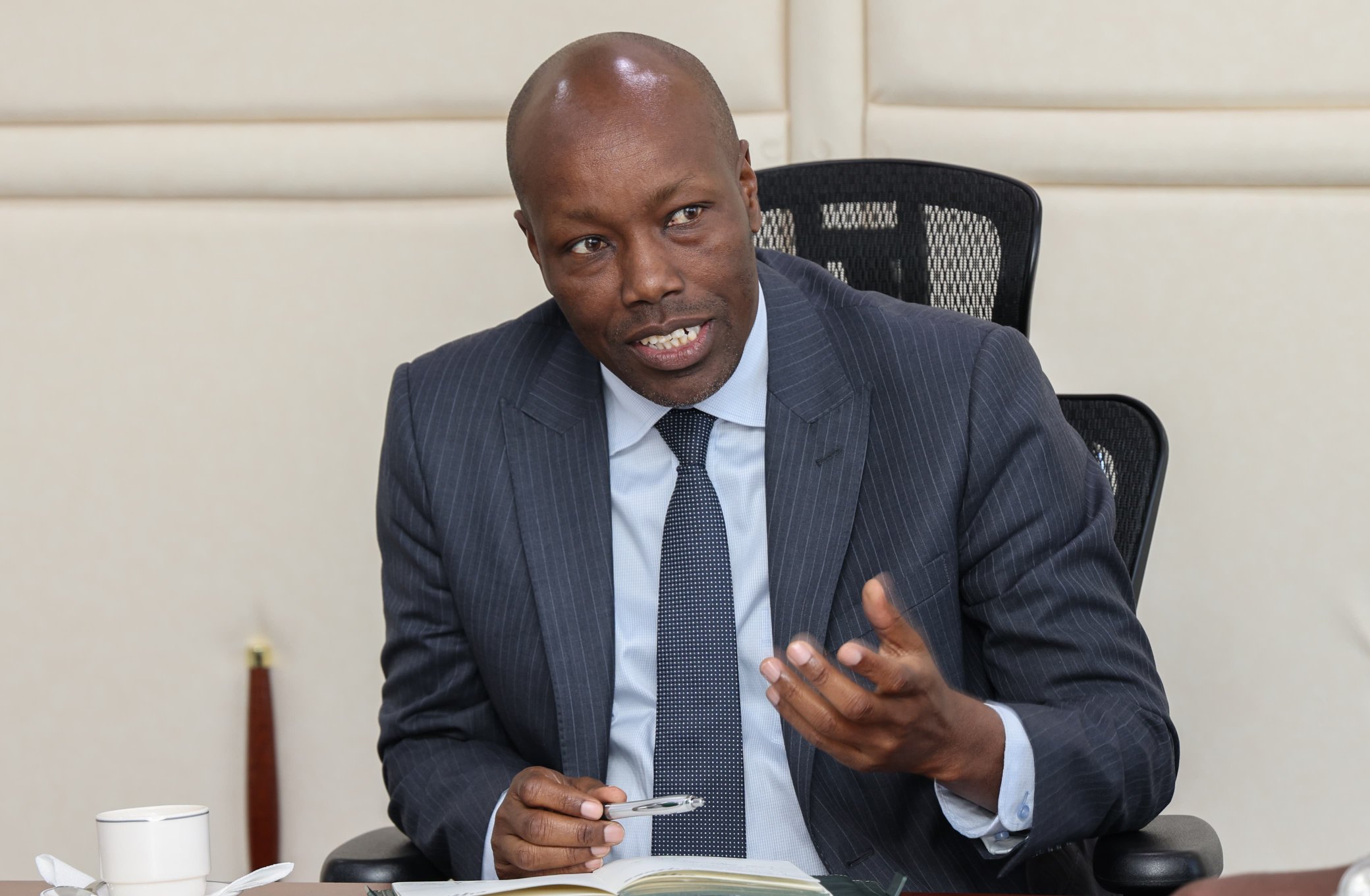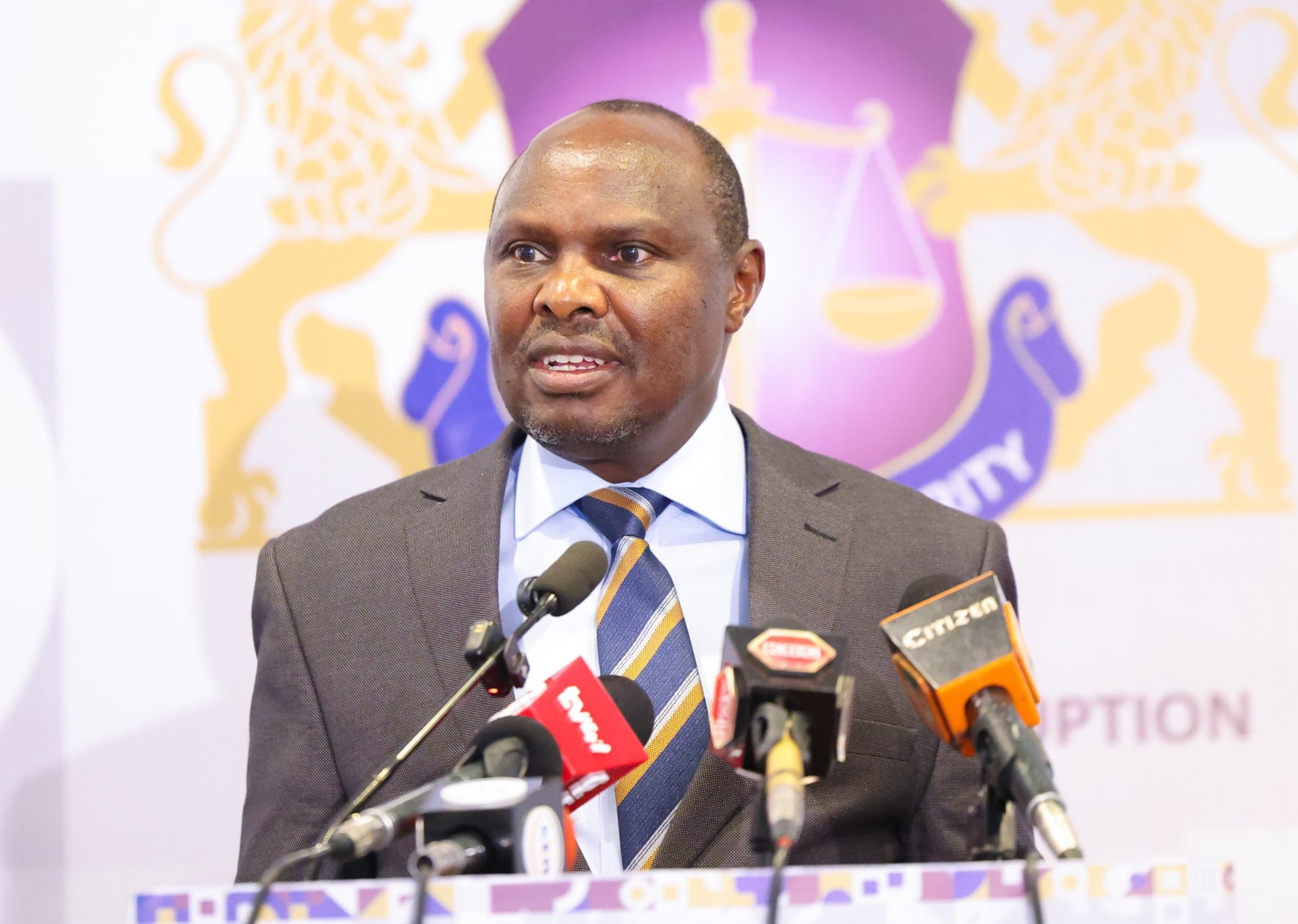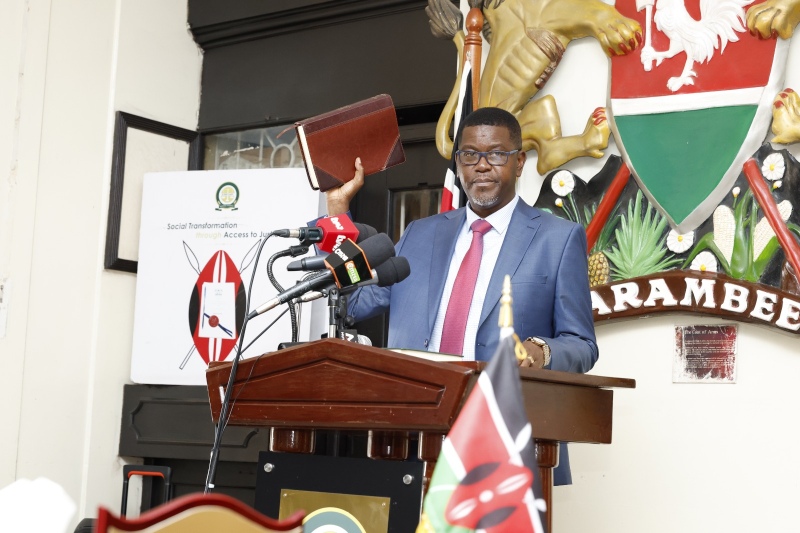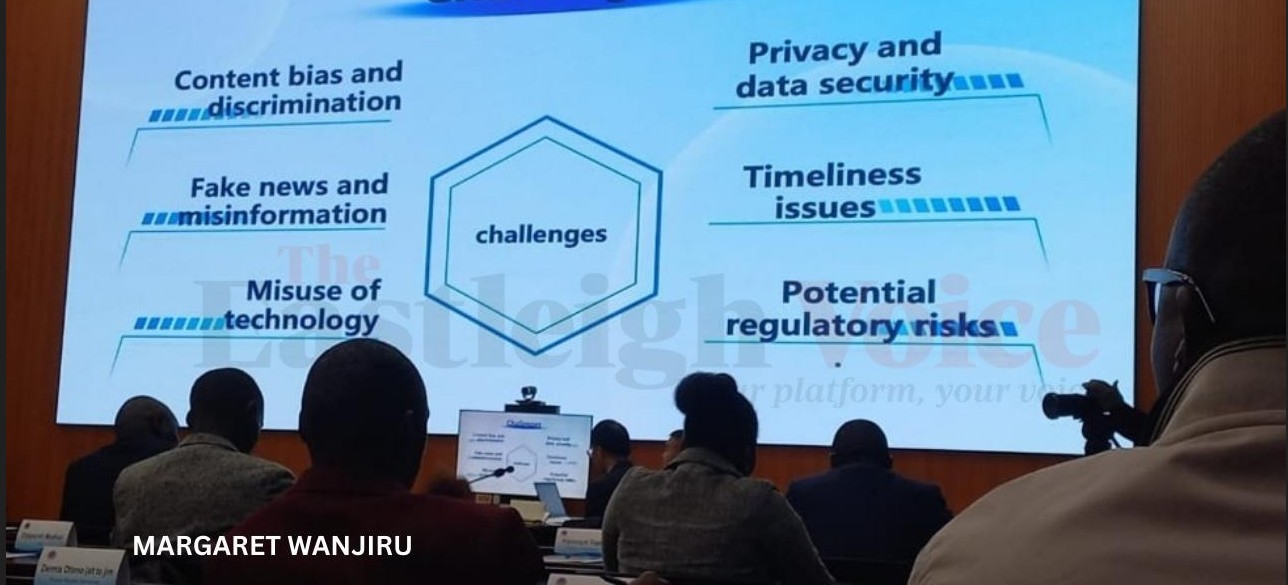Fuel demand falls sharply despite drop in prices, KNBS reports

The Energy and Petroleum Regulatory Authority (EPRA) announced that pump prices reached a 19-month low due to lower global import costs.
A report by the Kenya National Bureau of Statistics (KNBS) has revealed that fuel consumption in Kenya has significantly declined from January to August 2023, even as the government reduced fuel prices.
According to KNBS's Lead Economic Indicator, petrol consumption dropped by four per cent, diesel by 2.5 per cent, and kerosene by a substantial 41.29 per cent compared to the same period in 2022.
More To Read
- Kenya to require foreign oil firms to partner locally under new EPRA regulations
- KETRACO officials under fire over Sh7 billion Inabensa contract penalty
- MPs unlock funds to revive 13 mini-grids in six remote counties
- 11 per cent of Kenyans use mobile phones they do not own - survey
- EAC to set up joint taskforce and offender database to curb SGBV, cross-border crimes
- Rising prices, protests shrank private sector economy in July - report
The data shows that Kenyans consumed 938,300 metric tonnes of petrol during the eight months under review, down from 984,330 metric tonnes last year.
"Diesel consumption fell by 3,675 metric tonnes, while kerosene use saw the largest drop, from 42,600 metric tonnes to 25,010 metric tonnes," reads the report.
This decline occurred despite a notable reduction in fuel prices in October.
The Energy and Petroleum Regulatory Authority (EPRA) announced that pump prices reached a 19-month low due to lower global import costs.
As of November, a litre of petrol in Nairobi costs Sh180.66, diesel Sh168.66, and kerosene Sh151.30, with these prices retained for the November 15 to December 14 pricing period.
Globally, oil prices have fallen, further influencing Kenya's fuel price reductions. Additionally, the Kenyan shilling strengthened to Sh129.5 against the dollar, recovering from highs of Sh160 earlier in the year.
The recovery was supported by a government-to-government oil supply arrangement with Gulf nations, allowing Kenya to purchase oil on credit and easing pressure on the local currency.
However, many Kenyans believe fuel prices could have been lower if the Road Maintenance Levy Fund (RML) had not been increased. In November, the levy rose from Sh18 to Sh25 per litre. The fund is used to maintain the country's public roads.
Despite public concerns, the government assured citizens that the adjustment would not lead to higher fuel prices.
"We are confirming to Kenyans that there will be no increase in the price of fuel. We have measures in place to increase the levy without increasing the cost of fuel beyond the current prices," Roads Principal Secretary Joseph Mbugua said.
Other Topics To Read
Top Stories Today
